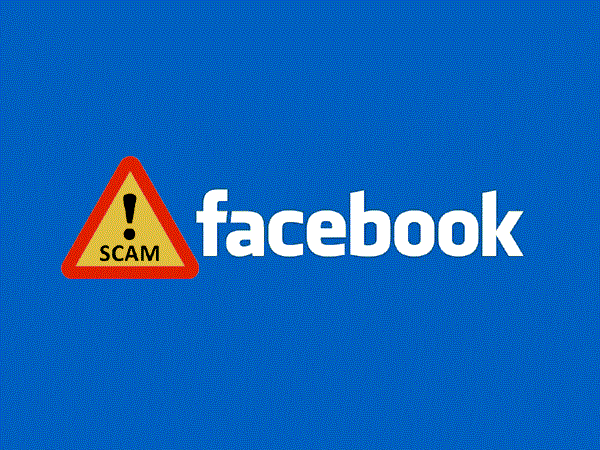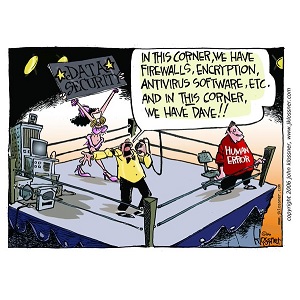Posts Tagged ‘Fake’
Sneaky Tax Refund e-mails
Tax refund scam e-mails are nothing new. They’ve been doing the rounds for many many years at this stage. Like the “Nigerian Prince” scams, that are enjoying a resurgence presently, the tax refund scams might catch out those who are new to the internet and may not have heard of such scams before.
Read MoreDodgy e-mail that looks legit.
I received a dodgy e-mail on my personal account yesterday. I’m surprised the GMail spam filters didn’t catch it and flag it for me. Like last weeks story, this message looked kinda plausible.
Read MoreDouble check your security.
There is an easy double check that you can implement which will offer you excellent protection. It is called two factor authentication (or two step verification).
Read MorePhone scams – some current examples
In the last few days, I’ve received a couple of attempted phone scams. The first was a new one on me, but the second was an old favourite.
Read MoreHow a typo can cause you problems.
Nobody is perfect and we all make mistakes. One of the most common mistakes, in particular with mobile phones and their small keyboards, is the simple typo. Did you know that the evil doers have got sneaky ways that they try to capitalise on your fumbling fingers? It’s a technique called “Typosquatting“.
Read MoreEvil e-mail has your name and address!
Reports today are somewhat concerning. Below are two examples of evil e-mail that has been doing the rounds in the last day or so. The greeting addresses you by your first/given name and the file that is attached to the e-mail is called after your surname. The postal address shown IS also your address. I’ll…
Read MoreScary new way to have your GMail password and account stolen.
This is an incredibly easy way for the evil doers to steal your GMail ID and GMail password. This one could even catch out security people like me! ? So what happens is you receive an e-mail from somebody you know, who also had a GMail (note the emphasis on had).
Read MoreFacebook Messenger scam … it’s nothing new, but it’s still effective.
I’ve seen evidence of this scam occurring amongst my Facebook friends this Christmas. It’s a straightforward phishing scam, where one of your friends sends you a Facebook Message with an apparent link to a video of you. Sometimes they might ask “Is this you?” or tell you to go a specific point in the video…
Read MoreThere is a lot of variations in scam e-mail the last couple of days.
I yearn for the days when evil e-mail was so easily identified “becuse it wuz ritten in, gud, inglish wit grate spellhng an pun.tation”. ? In the last couple of days, the evil doers have been varying their scam e-mails fairly wildly and it’s bound to catch out some people. I’ll run through three sneaky methods…
Read MoreSnail mail delivers USB keys … WTF?
I find I’m writing a second article about Evil USBs within a week. At least these ones don’t destroy your equipment, but they might infect you with nasty software that does things that you really wouldn’t want it doing. In this case, in Victoria, Australia, Evil Doers were dropping USB drives into people’s mailboxes. The…
Read MoreDon’t open that Voicemail!
The evil doers are up to their old tricks, trying to hoodwink people into opening up their dastardly files and execute their nasty contents. Usually they send files that claim to be invoices or bank statements, which will normally catch out a small percentage of their targeted group – accountants in this case, because accountants…
Read MoreA slew of fake LinkedIn connection requests.
For somebody who normally receives a LinkedIn connection request about once a week, yesterday I suddenly received 6! Wow, am I popular or what??? Well in this case I am popular … for the scammers. Each one was a fake profile. Firstly none of them had a connection in common with any of my contacts.…
Read MoreInternet Security Awareness and Safety Training
Justification: Did you know that malicious software gets past commercial, enterprise grade anti-virus and e-mail filtering products on a worryingly regular basis? Firewalls and Anti-virus packages lure people into a false sense of security. While they do provide protection up to a point, if somebody opens an e-mail attachment that contains new malicious software, these…
Read More












